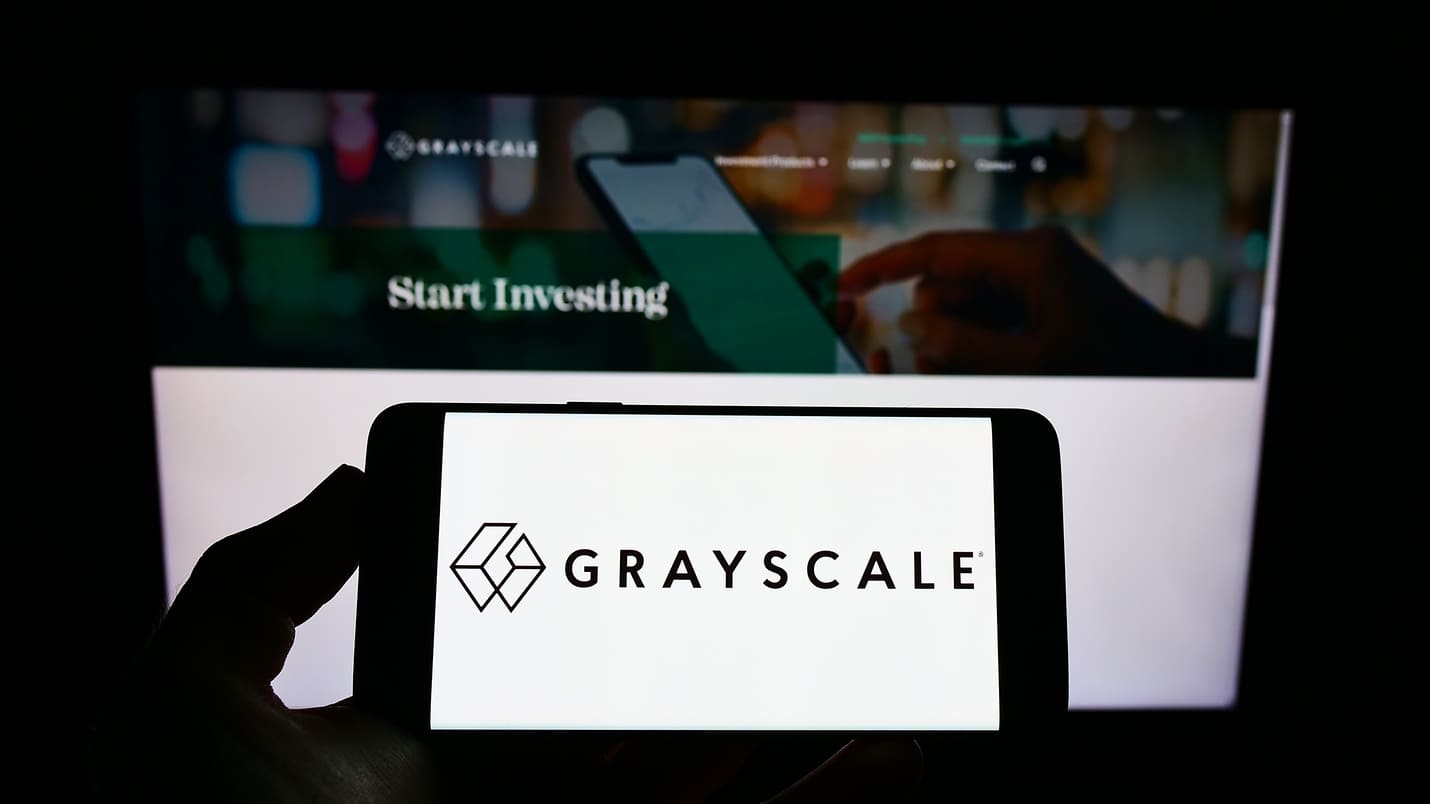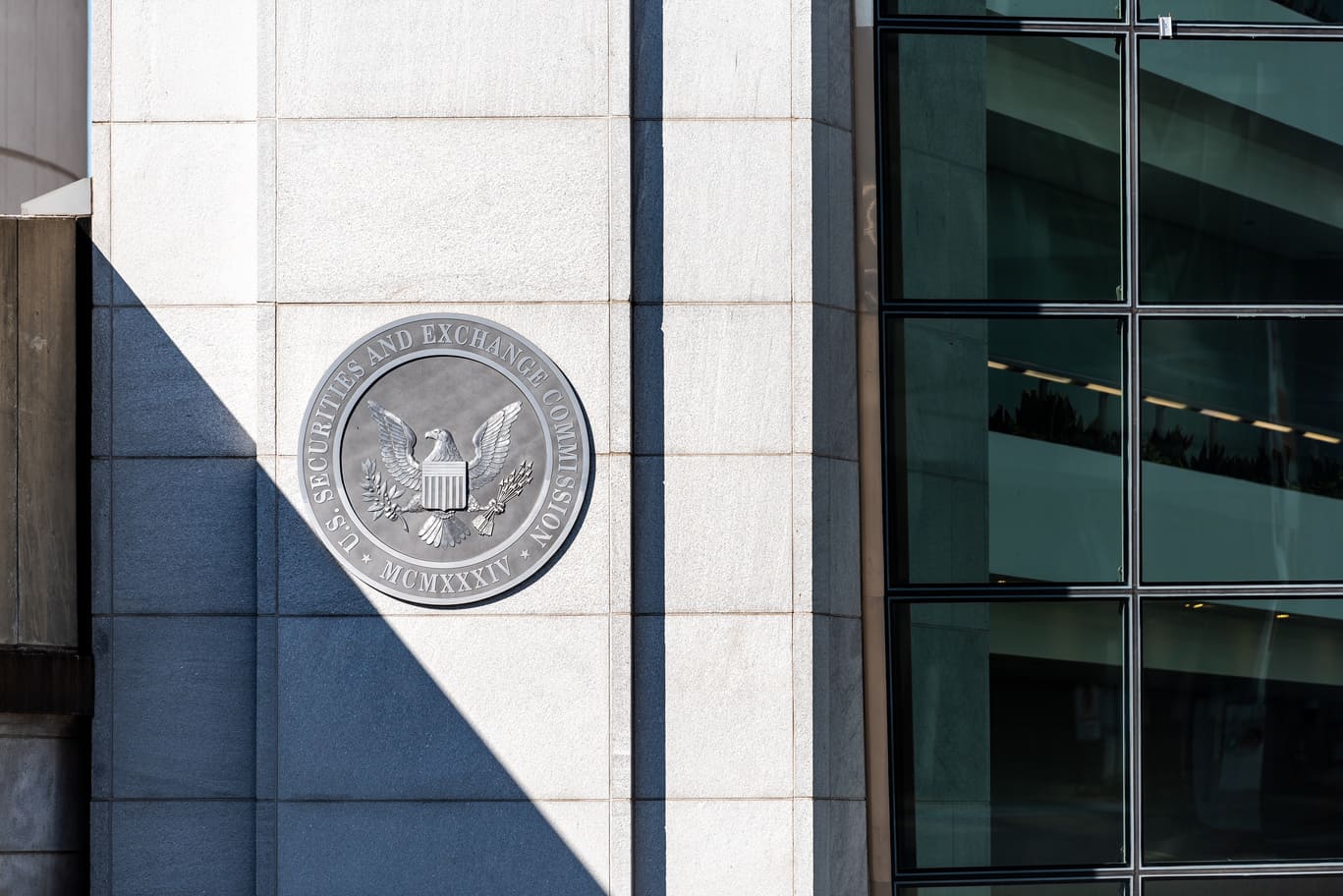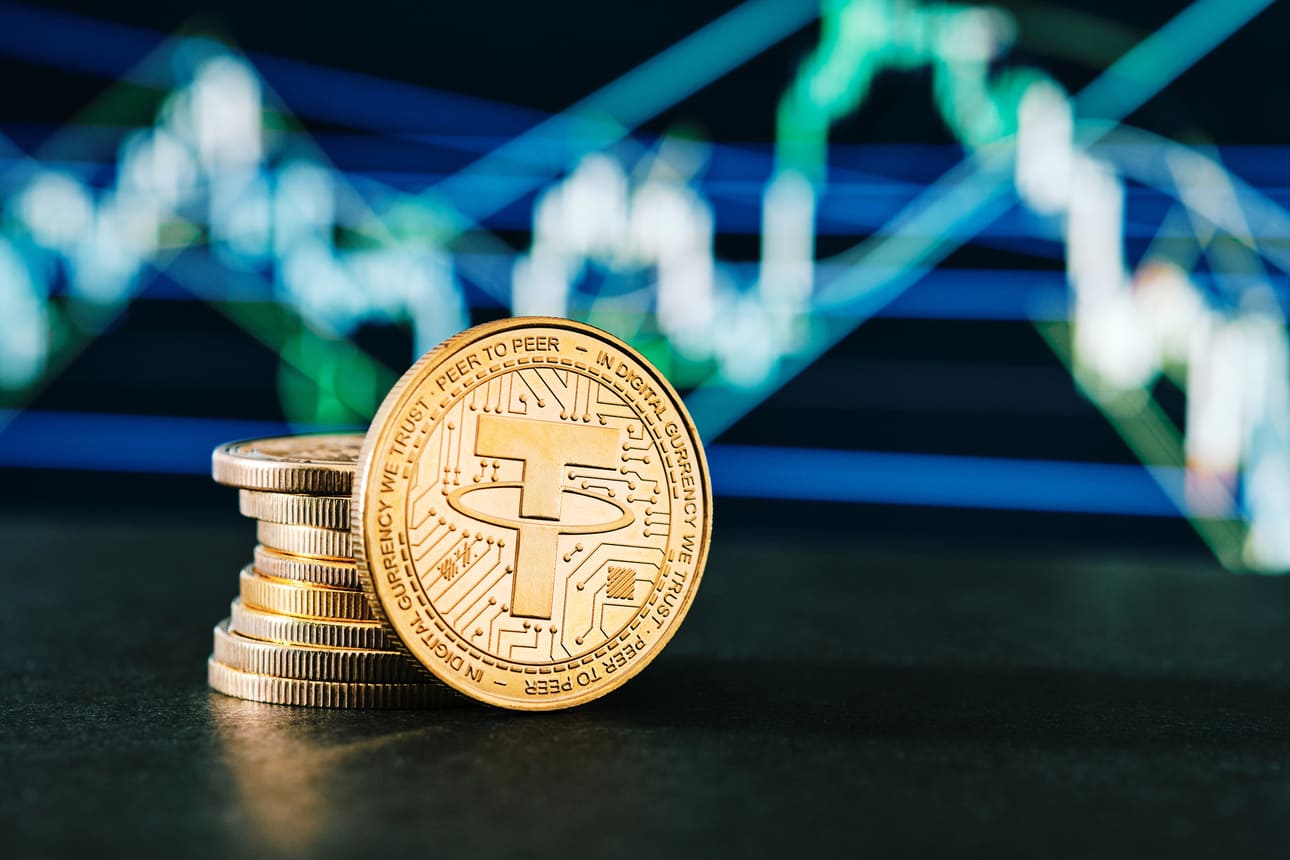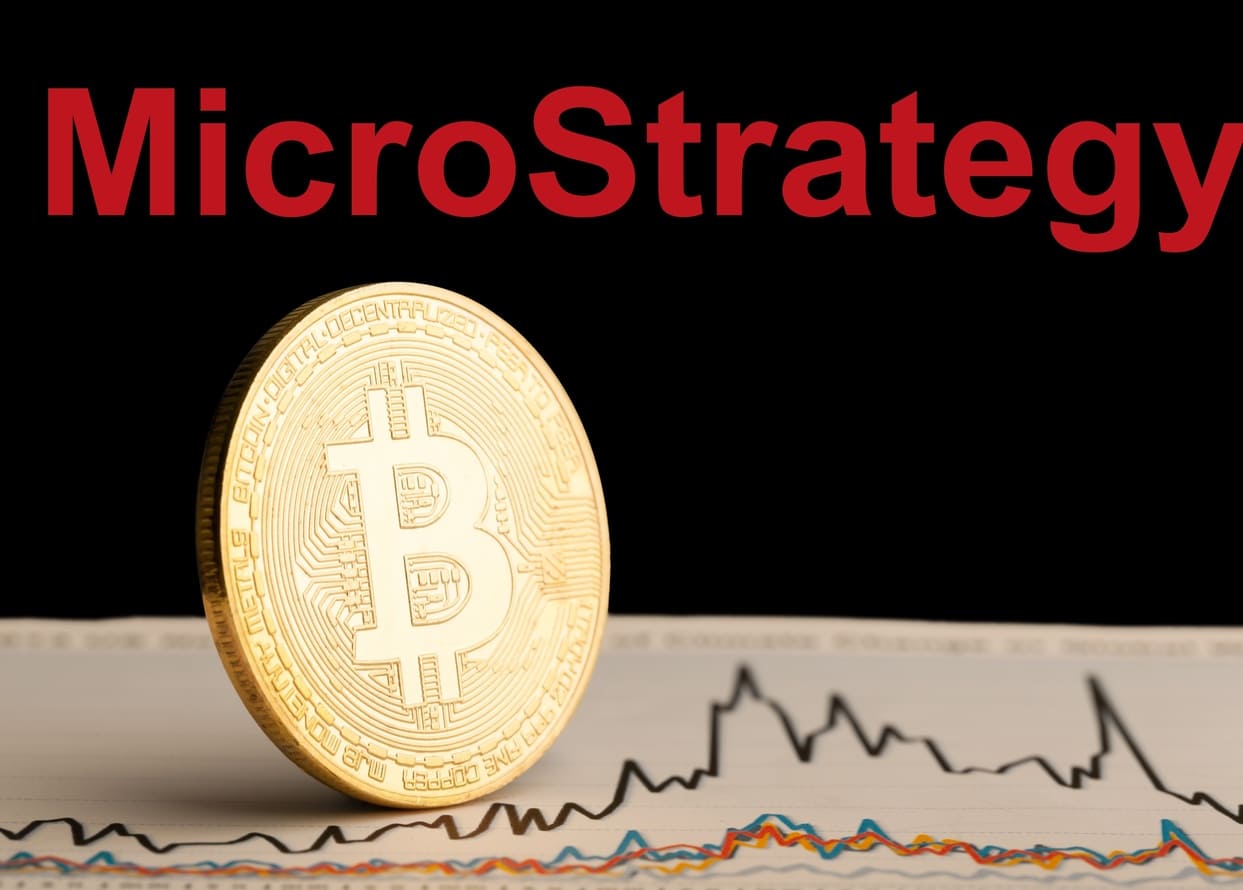
ECB Governing Council will decide whether to take a digital euro, ECB Board Member revealed
Fabio Panetta, Member of the Executive Board of the ECB, said that "the digital euro should be as easily accessible and usable across the eurozone as cash".
Fabio Panetta, Member of the Executive Board of the ECB, said that “the digital euro should be as easily accessible and usable across the eurozone as cash”.
The ECB will decide in the autumn whether to start the preliminary programs to adopt a digital euro, the European Central Bank board member Fabio Panetta explained yesterday during a speech to the Economic and Monetary Affairs Commission of the European Parliament.
“Our investigation phase will end in the autumn. Only then will the Governing Council of the ECB decide whether to move on to the implementation phase,” said Panetta. “Moving to the deployment phase does not mean issuing the digital euro. During this phase, we will develop and test the technical solutions and commercial arrangements needed to deliver and distribute a digital euro, if and when decided. A possible decision by the Governing Council to issue a digital euro will be taken at a later stage and only after the EU Parliament and Council have adopted the legislative act”, he recalled.
Speaking of technologies, Panetta excluded the use of the blockchain. This is, in fact, considered “an efficient technology for decentralized systems, however there is no experience regarding the use of the blockchain for a very large system”, just as it would be in the case of the digital euro. According to Panetta, the blockchain, due to its relatively long processing times, does not go well with the need for a substantially instantaneous payment system. With the current level of technology development “it would be impossible to pay” small amounts, and “the coffee would be cold before you had time to pay for it”.
Panetta indicated that the central bank's digital currency will not allow for restrictions on how funds can be spent. “The digital euro would never be programmable money,” he told members of the European Parliament's Committee on Economic and Monetary Affairs.
Panetta also stated that the EU Commission is “working on solutions that preserve privacy by default and by design, and we are also collaborating closely with the European Data Protection Supervisor and the European Data Protection Board.”
Panetta further explained that “the Eurosystem is considering a new digital app for the euro, which would include only the basic payment functionalities performed by intermediaries. The app would ensure that no matter where you travel in the euro area, the digital euro is always recognized and payments can be made with it. Early versions are likely to offer contact-less payments, QR codes, and an easy way to pay online. As technology evolves, other forms of payment may become available in the future. As far as hardware is concerned, people could pay with mobile phones, physical cards or possibly other devices such as smartwatches.”
“The digital euro will not replace other electronic payment methods, nor cash. Rather, it would complement them. And in doing so, it would safeguard our monetary sovereignty while strengthening Europe's strategic autonomy,” he concluded.





